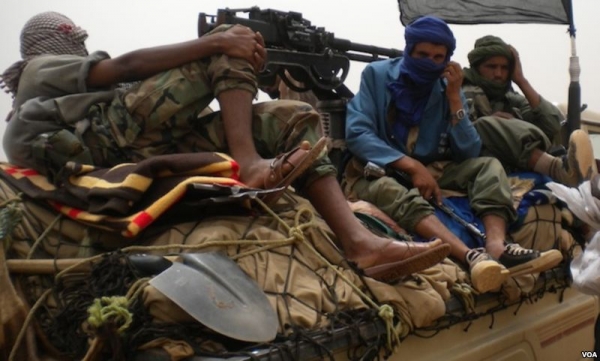
Women and girls who have been released into their communities after having been captured by Boko Haram face rejection and ostracization, a new report by UNICEF and International Alert finds.
As the Nigerian Armed forces recapture territory claimed by Boko Haram, women and children are being released to return to their communities. Hundreds of women and girls have experienced sexual violence at the hands of the jihadist group, many pregnant due to rape.
When these women and girls return to their communities, they are met with rejection and persecution, according to the report.
"As they return, many face marginalization, discrimination and rejection by family and community members due to social and cultural norms related to sexual violence," the report says.
There is also the fear that the women have been radicalized by Boko Haram, with many instances of Boko Haram deploying more female suicide bombers in recent months. Children conceived with members of the terror group also face discrimination.
“Many perceive these victims of conflict as being partly responsible for the violence and losses suffered by entire communities during the insurgency. As a result, children and newborns as well as their mothers are being increasingly ostracized and are at risk of further violence,” the report adds.
The report was released this week, titled ‘Bad Blood: Perceptions of children born of conflict-related sexual violence and women and girls associated with Boko Haram in northeast Nigeria.'












